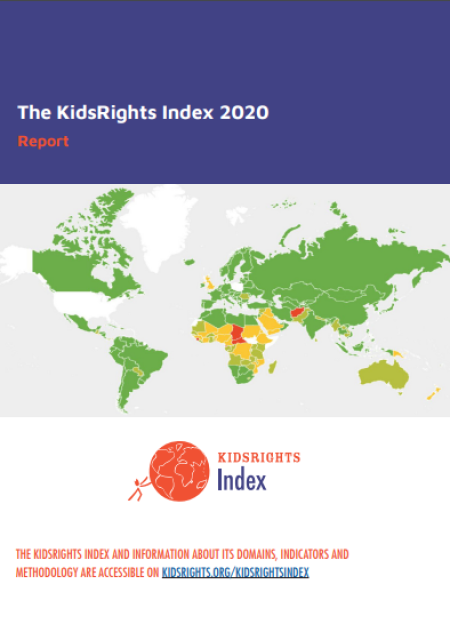
For a teen, completing seemingly endless sessions of drug rehab is definitely not an easy feat. However, aftercare is just as important as treatment itself, and doctors claim that without it, these teens may easily relapse, regardless of the duration of achieved sobriety, during or even after rehab. Furthermore, patients who suffer a dual diagnosis (those also diagnosed with mental illness), have a higher chance of returning to their addiction. Aftercare programs hence serve as deterrents for relapsing, and help individuals move forward towards a drug-free life.
The quality of aftercare is a strong indicator of how likely a patient will be to relapse, especially patients suffering from dual diagnosis. In such cases, medical staff should prepare these teens in advance for aftercare to help them maintain sobriety. With the right kind of treatment plan, including a quality aftercare practice, they should be well on their way to recovery.
Relapse prevention
The sole purpose of aftercare is to prevent teens from reverting back to self-destructive behaviours. By attending regular group meetings, counselling, and other self-help sessions, aftercare programs serve as an extra outlet for accountability; they help individuals support one another and resist the urge to fall back into substance dependency.
Some helpful aspects of a quality aftercare program include:
- Becoming acquainted with triggers: there are many factors that may trigger a relapse: psychological, environmental and social. Hence, an effective aftercare program will allow participants to learn about their individual stressors in order to effectively avoid them.
- Dealing with cravings and triggers: after individuals graduate from rehab, returning to their old lifestyle and environments may put them at a higher risk for situations that trigger old temptations. This is especially so with teens since they are more susceptible to external influences and temptations, should they hang around acquaintances that are still actively taking drugs. Hence, aftercare programs are necessary to help equip individuals with the right skill sets to effectively deal with these situations.
- Assessing the consequences of a relapse: many patients are tempted to believe that occasional drug use will not cause a full relapse. However, once individuals realize the dire consequences of drug use after rehab, they will be less likely to put their rehab efforts to waste.
Seeking help for family members
Aftercare not only benefits drug addicts, but it allows family members to work through negative emotions linked to their family members' drug use as well. More often than not, there may be some unresolved tension between the teen addict and his/her loved ones caused by incidents that occured during the period of drug addiction. When a patient attempts to readapt to normal life, stress levels can rise within the family unit. Hence, aftercare offers counselling sessions and tips to help reunite the family.
Some aftercare services for families include: individual counselling for partners, spouses and children, group therapy sessions, educational workshops providing necessary information on drug abuse and mental illness, and several 12-step programs for affected family members.
Aftercare programs also cater to things like financial security and education for the younger family members. Some families may require additional support when it comes to job hunting, childcare, nutritional education, and transportation arrangements that may have been disrupted during the period of drug abuse. Certain families may want to enrol their younger children in educational sessions to prevent them from abusing drugs in the future. Therefore, aftercare services cater to these needs in order to help foster a safe and healthy living environment for the entire household.
An additional ear
Another useful aspect of aftercare is the opportunity for recovering addicts to talk about their feelings in an honest and open way. These individuals often have serious emotional trauma and challenges when it comes to overcoming their ordeal, especially when they return to their lives. They are frequently faced with new friends in foreign environments. Hence, aftercare provides an essential outlet for individuals going through personal challenges, with highly-trained professionals able to guide them through tough times.
For dual diagnosis patients, these services provide psychotherapeutic medication and the chance to learn several coping strategies for substance abuse and mental illnesses. It also allows them to equip themselves with tips on how to rebuild broken relationships and look for a new job, if needed.
With a strong and reliable system, teens will find it easier to come out of their self-destructive habits and overcome drug addiction for good.
12-Step programs
Throughout the entire process, from detox until aftercare, people have relied on 12-step programs to help them stay on the road to long-term recovery. These programs typically provide strength, hope, and support in helping individuals cope with the temptations of relapse. This program focuses on group interactions with like-minded peers, as well as the 'reliance on a greater power' to hold them accountable. Each member of the program is tasked with identifying a higher power that he or she believes in, and to fully entrust the healing process to it. Moreover, the program strongly believes that addiction is not just a physical weakness, but also a spiritual illness that occurred due to a failure to connect with a greater divine purpose. Hence, individuals who have more secular mentalities may not benefit as much from this program.
The program also caters to individuals who prefer to live alone, away from the temptations of the outside world, by providing healthy living arrangements; after graduating from an in-patient treatment facility, individuals can opt to stay in a rigid and safe environment away from drugs. This allows the patient to recover on their own, but also promotes bonding amongst peers who participate in frequent support group sessions. They will also be able to slowly ease back into normal life, as they are required to contribute to household expenses and rental fees, adhere to curfews, and do household chores. Ultimately, it teaches them to be responsible and helps them slowly get back on their own two feet.
As important as the treatment process is, aftercare is also of comparable importance when it comes to ensuring long-term recovery. Hence, individuals should not overlook its usefulness, but make it a point to actively participate in regular group meetings and attend counselling sessions even after years of sobriety. Aftercare facilities provide a wide range of programs for the individual and their family. Hence, everyone will be able to find a suitable program to meet their individual needs and expedite the recovery process.
Find examples here: https://deserthopetreatment.com/las-vegas-program/aftercare/





















